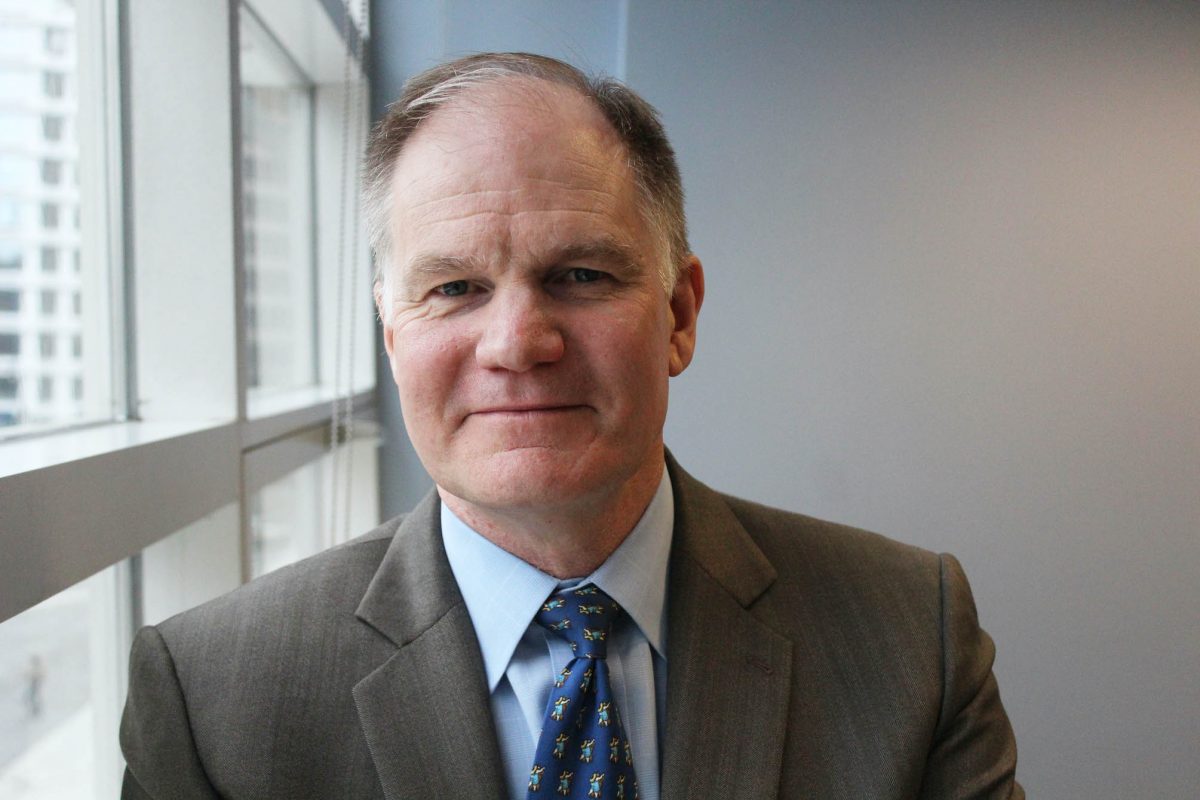If the easing of the physical manifestations of the coronavirus has pushed governments across the region to remove most of the restrictions that had had a devastating effect on normal life and more particularly on activities that impacted directly on the physical well-being of individuals and groups, not least families, the World Bank’s Chief Economist for Latin America and the Caribbean, William Maloney, has gone on record as saying that the region’s gross domestic product (GDP) has, up until now, still not recovered to its 2019 level as the region seeks to emerge from its condition as being among the regions of the world hardest hit by the pandemic.
The senior World Bank functionary noted that the Bank was “not expecting that to be the case until 2024… Part of that is we know that many of the islands are tourism-dependent”.
And even as the global health authorities caution that COVID-19 is still with us, Maloney informs that many countries in the region are still recording low vaccination rates against the virus, notwithstanding its mortality rate globally. “It is important to realize that COVID is in recession right now, but it is very unpredictable and we have to be prepared for whatever is coming and that means those vaccination rates will have to rise.”
Maloney says that the Caribbean had also been hard hit by Russia’s invasion of the Ukraine and its consequences since February, “because we are net food and fuel importers, with perhaps the exception of Trinidad and Tobago, and so that puts additional strain on household budgets and government finances.”
According to the senior economist, these circumstances have “made it a very difficult couple of years for the Caribbean. The (World) Bank has programmes, I think, for nineteen countries in the region focusing precisely on issues like fiscal sustainability, building resilience to natural hazards.”
He meanwhile, has singled out CARICOM member state Haiti as a “very difficult situation… They continue to struggle with multiple pronged crises. You have got gang violence, lingering political institutional instability and we have had persistent vulnerability to natural shocks. COVID of course exacerbated these and unfortunate to date, it has a low vaccination rate.”






